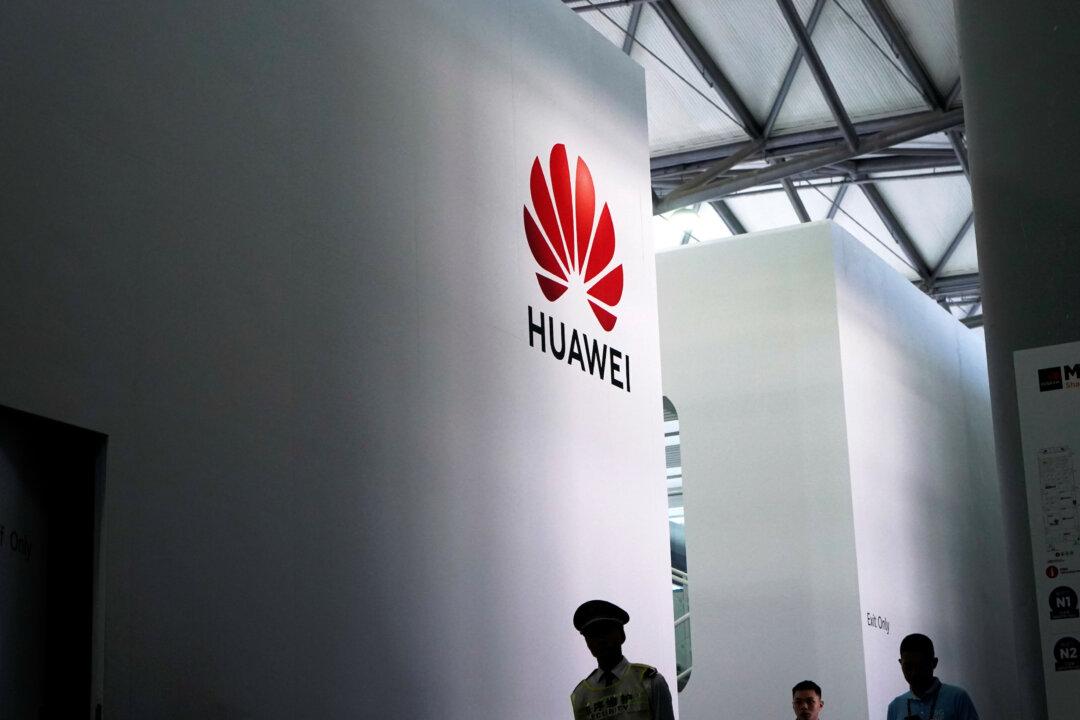WASHINGTON—The U.S. government said on July 3 it was reviewing license requests from U.S. companies seeking to export products to China’s Huawei Technologies Co Ltd “under the highest national security scrutiny” since the company is still blacklisted.
In an email to Reuters, the Commerce Department said that as it reviewed applications, it was applying the “presumption of denial” standard associated with Entity Listed companies, meaning applications are unlikely to be approved.





